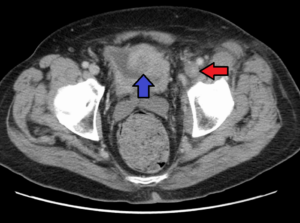Bladder cancer is the sixth most common cancer. Each year, approximately 68,000 Americans are affected by the disease. Treatments for bladder cancer have lagged behind treatments for other forms of cancer, and for about 30 years, 5-year survival rates remained consistent, and physicians and patients were limited by few therapeutic options. Now, there are innovative new therapies on the horizon that promise to improve survival and quality of life for bladder cancer patients.
Bacillus Calmette-Guerin (BCG) 
Through the phase 3 open-label study conducted across 33 U.S. centers, 157 patients were investigated and received at least one 75 mL dose of the study drug. Some patients had repeat dosing at 3, 6, and 9 months. Both efficacy and safety were evaluated.
The results of this nearly 3 year study showed that more than half the patients given the treatment had a complete response by 3 months following the first dose. Of those who responded, 45.5% maintained their response a year following their dose. The treatment was not associated with any deaths, and the most common adverse event was micturition urgency.
Based on these findings, the researchers concluded that intravesical nadofaragene firadenovec was effective and reasonably safe. More research will help to determine if and how this therapy can best be used in bladder cancer patients.
Reference
Boorjian, S.A. (2020). Intravesical nadofaragene firadenovec gene therapy for BCG-unresponsive non-muscle-invasive bladder cancer: a single-arm, open-label, repeat-dose clinical trial, Lancet Oncology, 22(1), 107-117.
